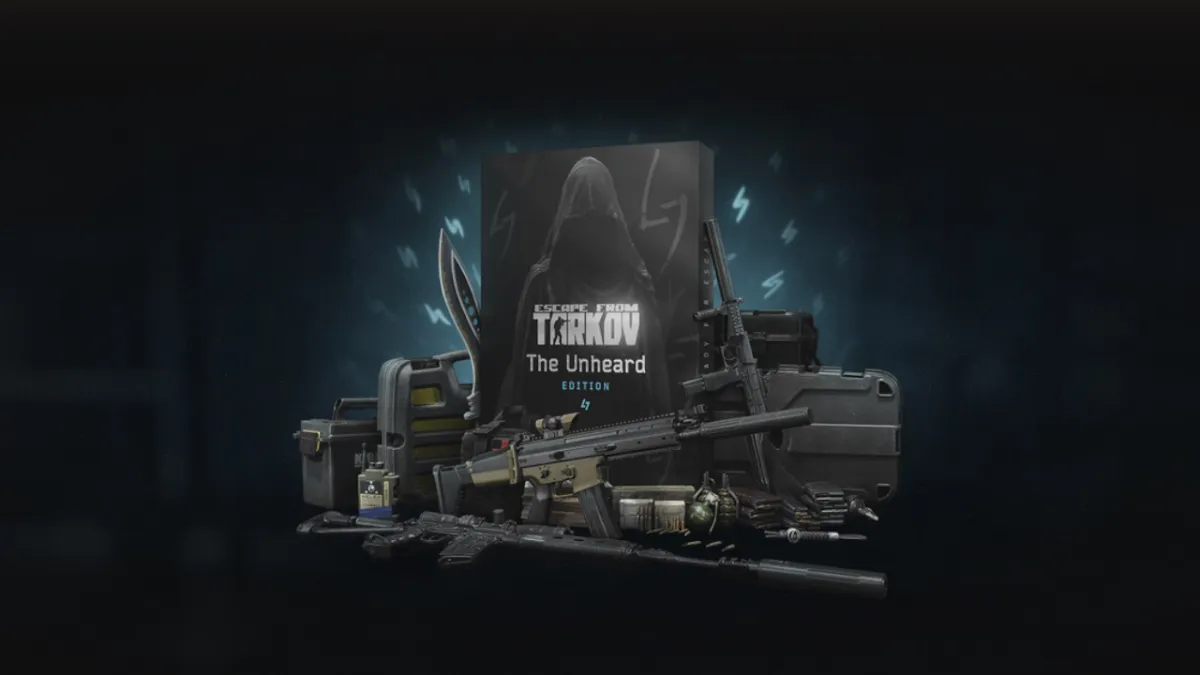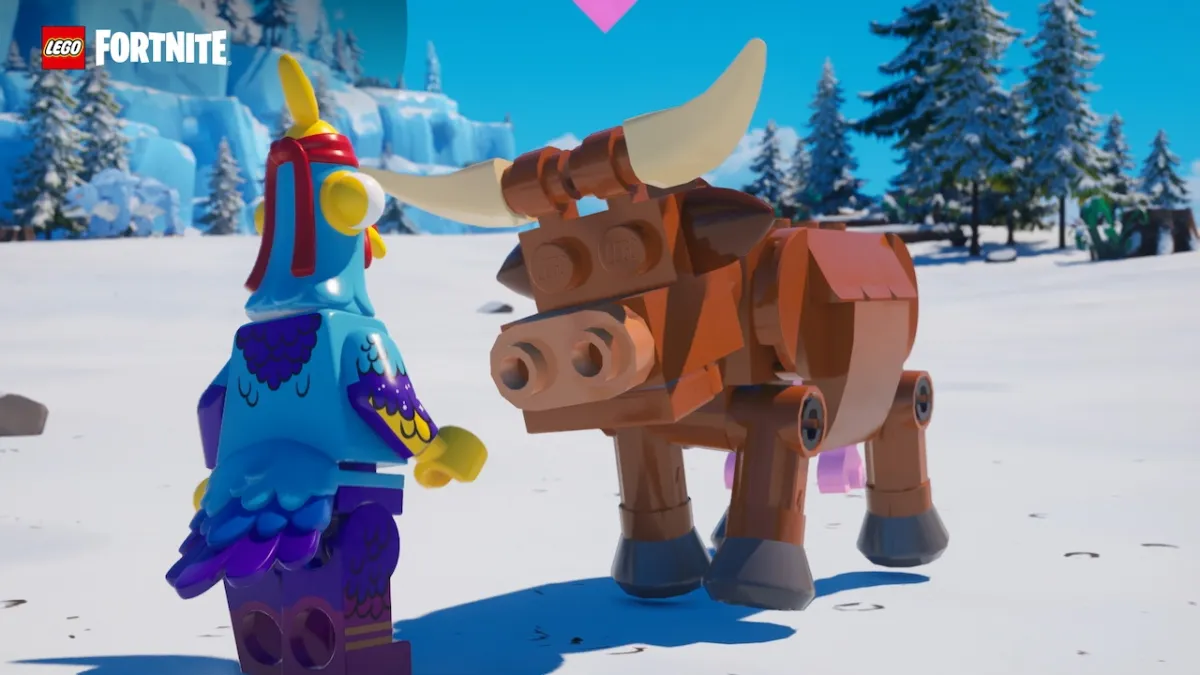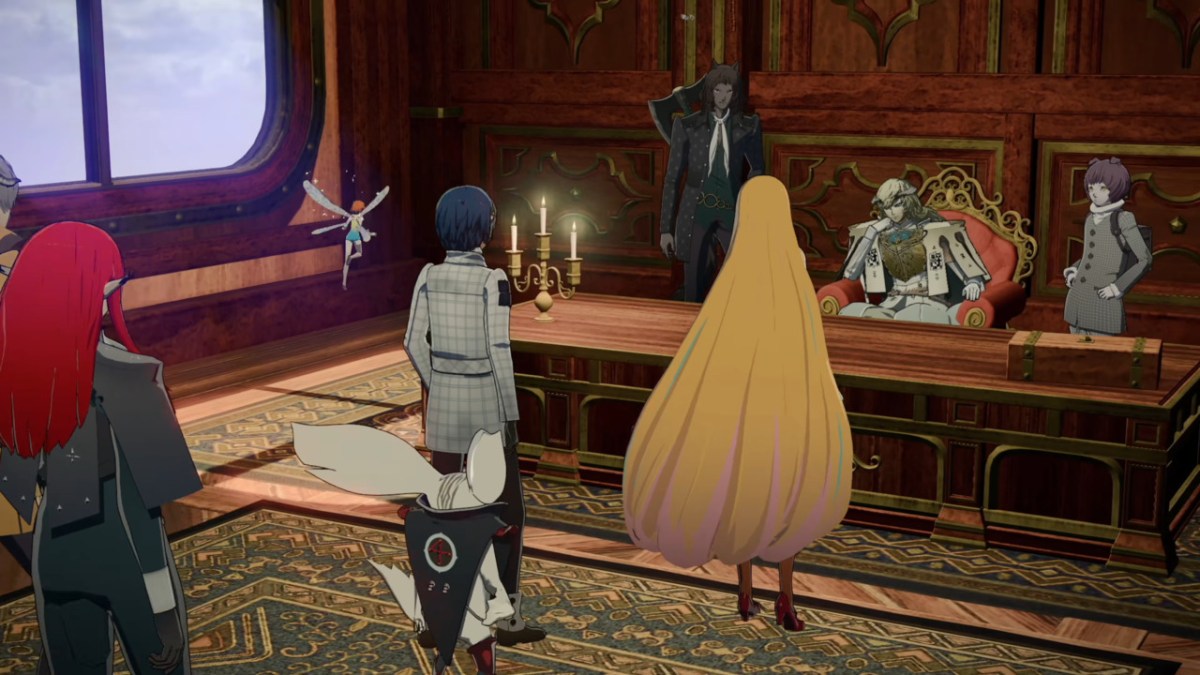‘Putting the Ink Into Brink’ a session from the 2011 Develop Conference given by Splash Damage’s Edward Stern provided a rare insight into the driving forces behind Brink. What was instantly clear? The emphasis the team placed on setting.
Stern, lead writer on Brink, told us that “we knew the game’s main character would be its setting.” The setting in question is ‘The Ark,’ a man-made floating city designed as a self-sufficient, environmentally friendly utopia. By the time the players enters the world things have (predictably) turned sour. A divide between rich and poor has sparked up due to a scarcity of resources, a problem intensified by the isolation that comes with being an island. Things get even worse when communications with the outside world halt entirely and for no obvious reason.
“Will you escape the Ark, or preserve it?” an evocative, powerful question that creates the basis for the game’s conflict between The Ark two resident factions (The Security and The Resistance) and defines the setting as both main character and plot device.
Stern highlighted that it was vital the concept behind Brink be good enough to hold the attentions and passions of the development team at Splash Damage. If it wasn’t strong enough to keep them motivated for three years of development then how would it possibly be strong enough to keep the player satisfied?
Brink’s underlying idea of having the setting play the main character makes sense when you consider the manner in which the gameplay works. In essence, Brink is a multiplayer shooter first and foremost; the mechanics have been designed in such a way as to promote and nurture co-operative play between your team and competitive play against the opposition. You’re forced to work together to win.
However, it was important that the single player not feel like a completely separate proposition altogether. Hence, the fact that the world is the main character: what easier way to retain a consistent sense of time, place and plot than by having the environment itself define it for you?
When it came to designing The Ark, Stern explained that an enormous amount of time went into designing every element in as much detail as possible. “Every object needs to be designed with the idea that every player is going to look at it,” said Stern. “Even if a player doesn’t look directly at an object, they will ‘smell’ the quality.”
However, developers must allow the player to “pull details from the game, rather than having them pushed onto them.” Stern said that it was important that the Brink team remember that “it’s not the game’s story, it’s the story of the player playing the game” and that “ideally, the game should be a sandpit for the player to forge their own water cooler moments.”
Essentially, there is no one-size-fits-all solution and, according to Stern, games designers need to keep in mind that players will play the same game very differently from one another and it’s imperative that the game doesn’t block off certain ways of playing by rewarding other methods.
Stern moved on to summing up his ideas on worked well in Brink and what could have been improved. Surprisingly perhaps, for a writer, Stern believed that the majority of the game’s successes were linked to the mise-en-scene, acting and animation.
For example, he spoke for a good few minutes regarding the “mixing up of physicality” during cut-scenes. In simple terms this essentially relates to the fact that some character will be laying down, some standing, some sitting and some sitting on some high platform or other. According to Stern this is a great way to project personality and emotion without spelling it out with extra, needless lines of dialogue.
In relation to that, Stern also believed Brink did a good job of turning character props into characters in and of themselves – adding another layer of depth to characters without loading them with more dialogue. Of course, this goes back to the idea that every detail in the game should be fleshed out as fully as possible.
A la the general rule of thumb with self-deprecating individuals such as Stern, much more time was spent highlighting what didn’t work well rather than what did. The voice acting was something he was not overly thrilled with, but was keen to point out that the blame lay with the directing and the script rather than the actors. Having not heard the voices with the music and sound effects that would be used in the final scene, Stern wasn’t aware of just how over the top the voices were, especially with the actors that were mimicking accents.
While the physicality of the actors in cut-scenes were considered good, their more intimate physical actions were not. Stern said that he regretted the amount of fist bumps, back slaps and spitting the characters performed, saying that these are not things that happen very much at all with normal people in real life.
He did present Battlefield Bad Company 2 as an example of how to integrate such ‘bromantic’ actions (which are sometimes necessary to prevent scenes becoming visually stale). In Stern’s view, the fact that the supporting cast of soldiers were idiots allowed EA DICE to animate a constant stream of black slaps and games of rock, paper, scissors without disrupting the immersion or cheapening the physical performances.
Moving on to the swears (Stern swears a lot): “where are the fucking founders?” This is essentially an admission from Stern that leaving out The Ark’s original builders and designers (the Founders) from the narrative was a mistake because the story was slightly confusing and was missing the depth it could have perhaps had. Other than the opening narration, the Founders have no role in the game or the plot.
However, it’s a problem that Stern still doesn’t know how to solve because he doesn’t want to include “all-powerful wizards” that know everything and have all the answers. In terms of narrative it’s a difficult balance, he said.
Stern was also not happy with ‘buttons’. A ‘button’ is a line of dialogue (usually something horribly clichéd) that is said at the end of a scene, acting as a full-stop/punctuation mark of sorts. In Brink these include “safeties off” and “are you with me brothers?” see… clichés. If Stern could do them again, he wouldn’t.
Finally, given the amount of time that was spent researching, writing and filling the world with detail, Stern saw the fact that the final product was almost solely concerned with frantic gunplay and fast movement as somewhat of a failure. This is a point that (despite my respect for Brink) I agree with Stern on. As anyone that has read a selection of my reviews and articles may already be aware, I’m a big fan of gaming experiences that attempt to engage the player on many levels; rather than solely through the act of gameplay, especially competitive gameplay.
If Brink had managed to immerse me/you/us beyond the immediate gameplay, it would have had a chance of a much better reception than it did have.
Then again, to play devil’s advocate, would increase focus on story, setting and ‘immersion’ improve a game that is primarily focused on multiplayer? Discuss…
One thing is for certain though, Edward Stern is great speaker and his session was one of the highlights of this year’s Develop Conference.
Read Article Escape From Tarkov is taking ‘Pay to Win’ to the next level


Category:
News
Escape From Tarkov is taking ‘Pay to Win’ to the next level


